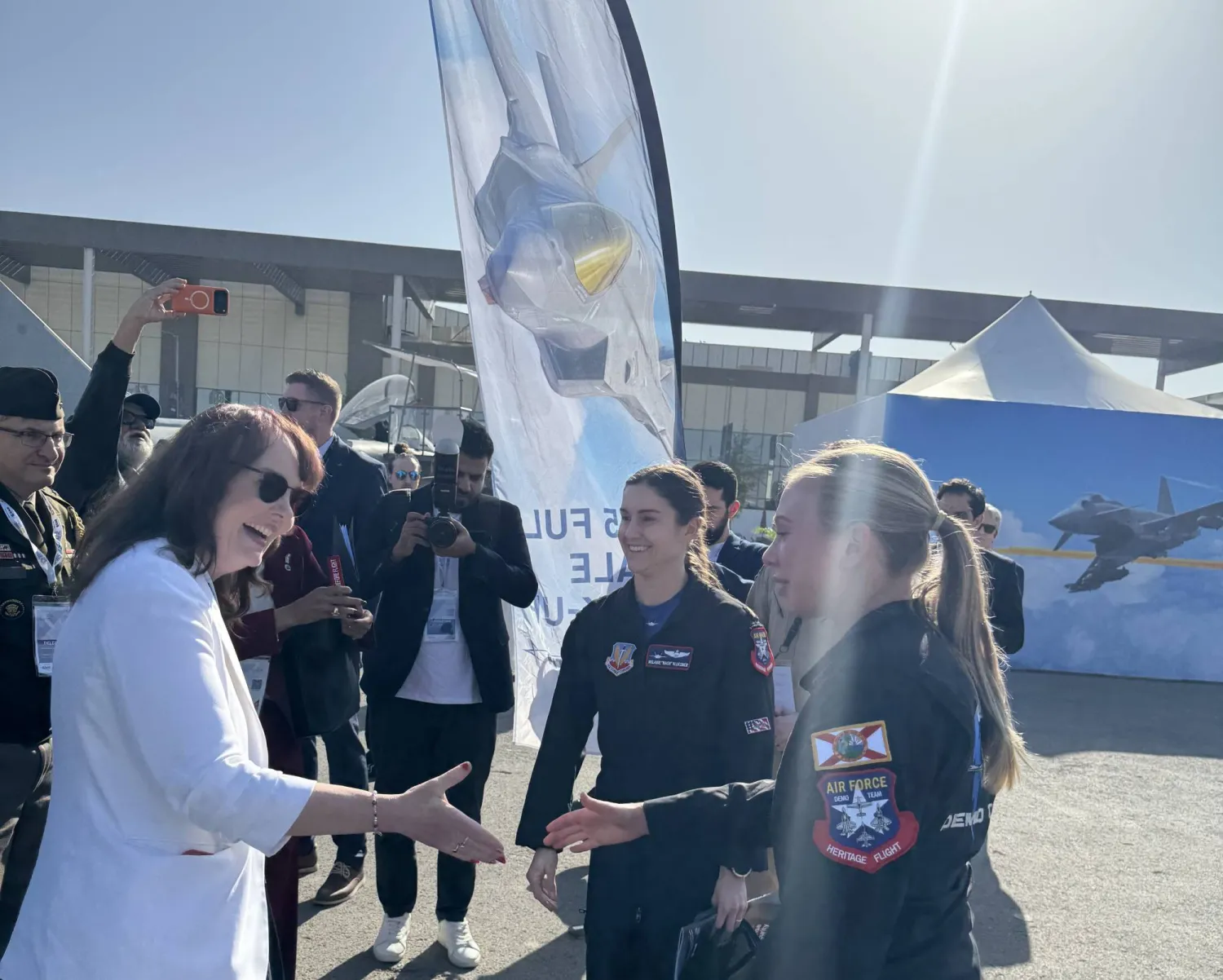The Bahraini judiciary convicted Thursday two Bahraini citizens, one of them a member of Al Ashtar Brigades, which is designated as a terrorist organization by Saudi Arabia, Egypt, UAE and Bahrain and blacklisted by the US administration for terror crimes against Bahrain’s stability and security.
Bahrain’s Grand Criminal Court sentenced the men to three years in prison with a fine of up to BHD100,000. A third man who was accused in the same case was later acquitted.
Chief of Terror Crime Prosecution Advocate General Ahmed al-Hammadi stated Thursday that the Fourth Grand Criminal Court has issued its sentence in the incident of transferring cash allocated for promoting terrorist groups.
Both men provided financial support to terrorist members and outlaws for the sake of conducting terrorist plots and spurring chaos.
Their quest was to destabilize the kingdom and target security guards.
The first convict assigned the second to hand out money to terrorist members. Moreover, some of the received amounts were distributed to the households of those arrested on security grounds.
The Public Prosecution relied on the witnesses, the first convict's confession, as well as the technical evidence to issue charges. The case was referred to the Fourth High Criminal Court.
Convicts have the right to appeal the sentence on the legally determined dates. Also, Bahraini law permits cassation afterward.









